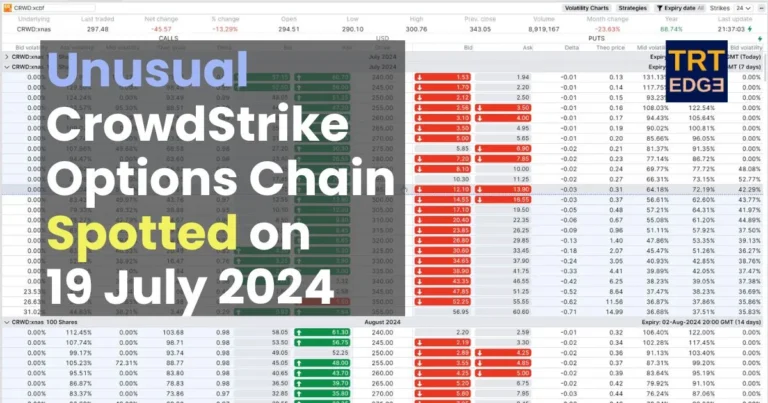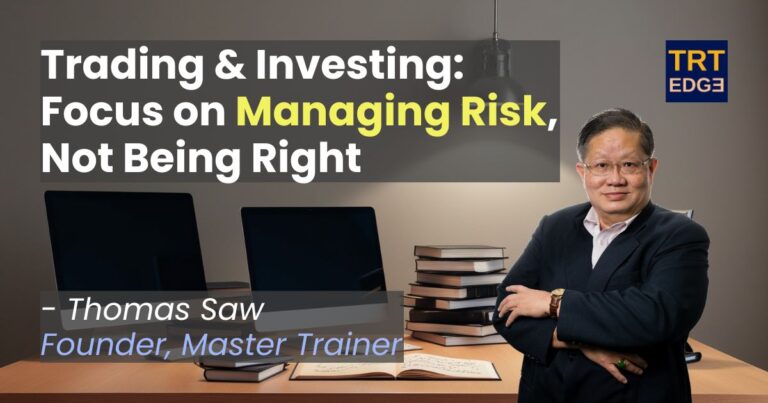What Happens if a Singapore-licensed Trading Platform Goes Under?

In the dynamic landscape of financial trading, the stability of trading platforms is paramount for investors. Singapore, renowned for its robust financial regulatory framework, offers a sense of security to investors. However, the recent developments surrounding Chocolate Finance highlight the importance of understanding the protective measures in place when a licensed trading platform encounters operational challenges.
Regulatory Oversight by the Monetary Authority of Singapore (MAS)
The Monetary Authority of Singapore (MAS) serves as the central regulatory body overseeing financial institutions, including trading platforms. Platforms such as Tiger Brokers, Webull, and Chocolate Finance operate under the Capital Markets Services (CMS) license granted by MAS, ensuring adherence to stringent regulatory standards. This licensing mandates that client assets be segregated from the platform’s own assets, safeguarding them from claims by creditors in the event of the platform’s insolvency.
Case Study: Operational Challenges at Chocolate Finance
In March 2025, Chocolate Finance, a Singapore-licensed financial services platform, faced significant operational challenges. The company suspended instant fund withdrawals due to “high demand,” leading to concerns among its customers. Initially, withdrawals were expected to take three to ten working days but were later adjusted to a shorter wait time of three to six business days, aligning with usual industry practices.
The root cause of these issues was linked to customers exploiting the platform’s miles reward system, particularly through large transactions on the AXS bill payment platform. This led to a depletion of the liquidity pool maintained for instant withdrawals, necessitating a temporary suspension of the service.
Client Asset Protection Mechanisms
To enhance investor protection, MAS enforces several key measures:
- Segregation of Assets: Trading platforms are required to keep client assets separate from their own operational funds. In the case of Chocolate Finance, customer funds are held in “segregated, ringfenced accounts” with the company and Allfunds, a fund distribution platform. This ensures that client assets remain protected and can be returned to clients even if the platform encounters financial difficulties.
- Independent Custody: Customer funds must be placed under independent custody. For Chocolate Finance, Allfunds provides fund dealing and custody services, ensuring that customers’ investments are securely custodised and safeguarded within Singapore’s regulatory framework.
Role of the Singapore Deposit Insurance Corporation (SDIC)
It’s important to note that while the Singapore Deposit Insurance Corporation (SDIC) provides protection for deposits in banks and finance companies, its coverage does not extend to investment products like those offered by trading platforms. Therefore, investors should not rely on SDIC for compensation related to investment losses resulting from a platform’s operational issues or failure.
Investor Considerations and Due Diligence
Investors should proactively assess the stability and regulatory compliance of trading platforms by:
- Verifying Licensing Status: Ensure the platform holds a valid CMS license from MAS, indicating adherence to regulatory standards.
- Understanding Asset Segregation Policies: Confirm that the platform segregates client assets from its own funds, a critical practice for asset protection.
- Reviewing Financial Statements: Examine the platform’s financial health through publicly available financial statements and audit reports.
- Staying Informed: Keep abreast of news related to the platform and its management to identify potential red flags early.
Conclusion
While Singapore’s regulatory framework provides a strong foundation for investor protection, recent events involving Chocolate Finance underscore the importance of understanding the mechanisms in place to safeguard client assets. By conducting thorough due diligence and staying informed, investors can navigate the complexities of the financial trading environment with greater confidence.






